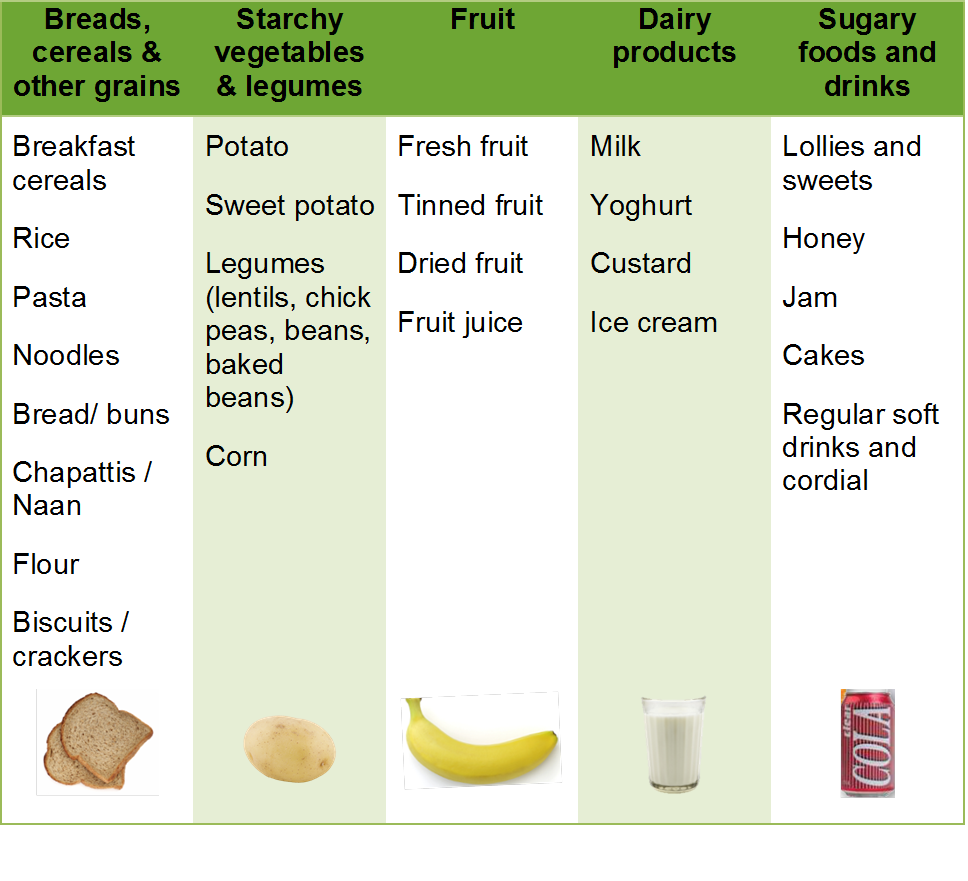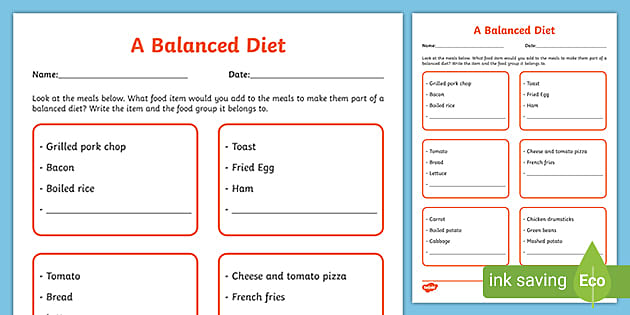
If you have the desire to learn how to change a bad habit, you've come to the right place. Three simple strategies can be used to reprogram your brain. Once you have identified the triggers for your bad habits, you can find positive rewards that will outweigh the negative ones. Finally, develop a new habit. So what are these three steps exactly?
Identify your triggers
To get rid of bad habits, you must identify your triggers. It can be difficult to get rid of bad habits because they can be triggered from many factors. You can trigger bad habits by triggering them with socializing, reward, or time of day. Knowing your triggers will help you avoid triggers that can lead to these behaviors.

The first step to changing your habits is awareness. You can stop doing something if you understand why. You might avoid eating junk food or do something more relaxing if it is triggering you. You might also want to change bad habits for better ones. If you are an alcoholic you might try to identify what you do when your stress levels are high.
Mindfulness practices
Awareness is key to changing bad habits. While some bad behaviors are easy to notice, others require practice. Recognizing these bad behaviors is critical because it will help identify their triggers and cause them to continue. Write down these bad habits and understand their root causes. These factors can be used to reprogram your behavior.
Mindfulness is a powerful tool in breaking bad habits. You can identify your triggers and choose the behavior that you wish to replace your old habit with. Next, observe how you feel when you do the behavior. If the behavior makes you feel happier, it's a success. You can still practice mindfulness when you are in stressful situations if you have trouble changing bad habits.
Identifying rewards that are better than the reward you get from your bad habit
You can identify the trigger that makes you want to drink Diet Mountain Dew daily and seek a better reward. A better reward than Diet Mountain Dew is an apple if you are unable to quit. You might also consider other drinks if this does not work. A good reward can help you overcome your bad habit and achieve your desired result.

It can be difficult to recognize bad habits. If you follow these tips, however, you will be well on the way to breaking them. You can break any bad habit that makes you feel guilty or holds you back. One simple trick is to write down the first three thoughts that come to your mind when you're at your desk. These thoughts might be random or emotive, but they can also reflect what you feel.
A new habit to form
It takes dedication and perseverance to develop a new habit that will help you change your 'bad' habits. Although there are no shortcuts, experts agree that consistent practice and a commitment to positive change can make a difference. It is important to establish a routine in order to achieve long-term positive change. Habits can be described as a set of repeating behaviors that are executed without conscious thought. A routine is key to making a new habit last.
Next is to identify the cues or rewards for the behavior. In this example, the cue of the cookie-buying man was to find a friend at the office. Although the reward and cue were unchanged, the routine has changed. Once the cue and reward are identified, the next step is to change the associated behaviors.
FAQ
What amount of exercise is necessary to lose weight?
The amount of exercise needed for weight loss depends on several factors, including age, gender, body type, and how much you weigh. However, generally speaking, most people need at least 30 minutes of moderate physical activity five days per week.
The American College of Sports Medicine recommends 150 minutes of moderate-intensity aerobic activity each week, spread over three days.
To lose 10 lbs, you should aim to exercise 300 minutes each week. This includes activities such as brisk walking, swimming laps, biking, dancing, playing tennis, golfing, hiking, jogging, running, and other similar activities.
For those just starting out, you might consider 20 minutes of vigorous activity every other week. You could do sprints, lifting weights or jumping rope.
Aerobic exercise is a great way to burn calories and build muscle mass. Muscle burns a lot more calories than fat. Building muscle and losing weight could help you get there faster.
Would cardio exercises make me lose weight fast?
Cardio exercises can be great for burning calories but not necessarily helping you lose weight. It all depends on how many calories you've stored and what type exercise you do.
Cardio exercises may not work if you are obese.
They should be combined with other types of exercise and dieting.
For example, running or jogging are great cardio exercises to help you lose weight quickly. These exercises burn calories more than any other type.
However, if you want to gain muscles instead of losing fat, you must perform resistance training. Resistance training involves using free weights, machines, bands, elastic bands, etc.
You can lose weight quickly by combining cardio and resistance training.
For fast weight loss, combine resistance and cardio training.
Is there any side effect to intermittent fasting?
Intermittent fasting doesn't have any known side effect. However, if you don't plan properly, you might experience some minor issues.
You might feel irritable if you skip breakfast. It is possible to experience headaches and muscle cramps.
These symptoms typically disappear in a matter of days.
How to make an exercise plan?
It is important to establish a routine. It is important to plan what you will do each morning and how much time you will be doing it. This helps you plan ahead and avoid procrastination.
It is important to make sure you are getting plenty of variety from your exercise routine. You don't want your exercise to be monotonous.
It is important to track your progress. It's important to see how much weight you have lost or gained over time.
It's easy for people to lose motivation when they start by losing weight. It's harder to stay motivated if you gain too many pounds.
Find a healthy balance between losing weight and gaining weight. You won't be able to exercise if your current weight is not comfortable.
What can I eat while on intermittent fasting in order to lose weight?
To lose weight, the best thing to do is cut back on carbs. This means avoiding bread, pasta, rice and potatoes as well as other carbohydrate-based foods.
Also, you should avoid eating too many protein as it can make you feel fuller for longer. So you won't feel hungry as often.
Focus on foods rich in healthy fats like olive oil, avocado, nuts and seeds. These foods are satisfying and will keep your hunger at bay for hours.
It is important to drink enough water. Water helps you stay hydrated, which makes it easier to burn fat.
Sometimes you may feel compelled to eat these foods even if you're not fasting. These cravings don't necessarily mean that you should give in. You might gain more weight if you do.
Keep an eye on the amount of food you eat throughout the day to avoid overeating. You can sip water instead of reaching out for another snack when hunger strikes.
This might sound counterintuitive, but it's actually been proven to help you slim down. A study published online in Obesity revealed that people drank more plain water than they did sugary drinks.
Plain water was also shown to reduce hunger. If you want to lose weight, avoid sweetened beverages and drink water.
If you want to lose weight, you don't need to count every calorie or deprive yourself of certain foods. Focus instead on small changes in your lifestyle.
You can swap your breakfast sandwich for an oatmeal bowl. You can also swap out your afternoon cookie for a piece fruit.
These simple swaps can add up over time to help you shed excess weight without spending hours in your kitchen.
What can I eat in the morning while intermittently fasting
Get water in the morning. This helps you feel fuller quicker and gives you energy for the rest of your day. For more flavor, add lemon juice and cucumber slices.
Statistics
- According to a study sponsored by the American Council on Exercise, a person weighing around 140 pounds (64 kg) would burn 108 calories at a 30-minute beginner's Pilates class or 168 calories at an advanced class of the same duration (26). (healthline.com)
- Among women, the increase in metabolic rate was nearly 4%, or 50 more calories per day (14Trusted Source (healthline.com)
- According to Harvard Health, it's estimated that a 155-pound (70-kg) person burns roughly 112 calories per 30 minutes of weight training (5). (healthline.com)
- One study in 9 active men found that HIIT burned 25–30% more calories per minute than other types of exercises, including weight training, cycling, and running on a treadmill (18Trusted Source (healthline.com)
External Links
How To
How to quickly lose belly weight?
It is hard to lose belly fat. It takes hard work. If you apply these tips, you'll see the results.
-
Healthy Food It is vital to eat healthy food. You should eat fruits, vegetables, whole grain, lean protein, nuts, seeds and legumes as well as fish, poultry and eggs. Avoid junk food.
-
Drink Water. Drinking water keeps your body hydrated, making you feel full and satisfied for longer periods. Keep hydrated every day.
-
Cardio exercises can help you burn more calories and increase your muscle mass. Cardio exercises are great for building muscle mass and helping you burn more calories. They can improve your heart health as well as increase metabolism. You should do at least 30 minutes of cardio exercise per day.
-
Get enough sleep. Good health is dependent on sleep. A lack of sleep can lead anxiety and stress that can then be exacerbated by unhealthy habits like smoking and drinking.
-
Reduce stress levels. Stress can have a negative impact on our brain chemistry, and hormone levels. Cortisol is a hormone that causes stress to increase hunger pangs and increases cravings for high-calorie food.
-
Take Regular Breaks. Take frequent breaks throughout the day. You can go for a walk outside or take a quick nap. This allows your mind and body to relax and allow you to recover.
-
Avoid Alcohol Consumption. Avoid alcohol consumption. It is high in empty calories and slows down your digestion. Drinking alcohol is not a good option if you want to lose weight.
-
Have fun!